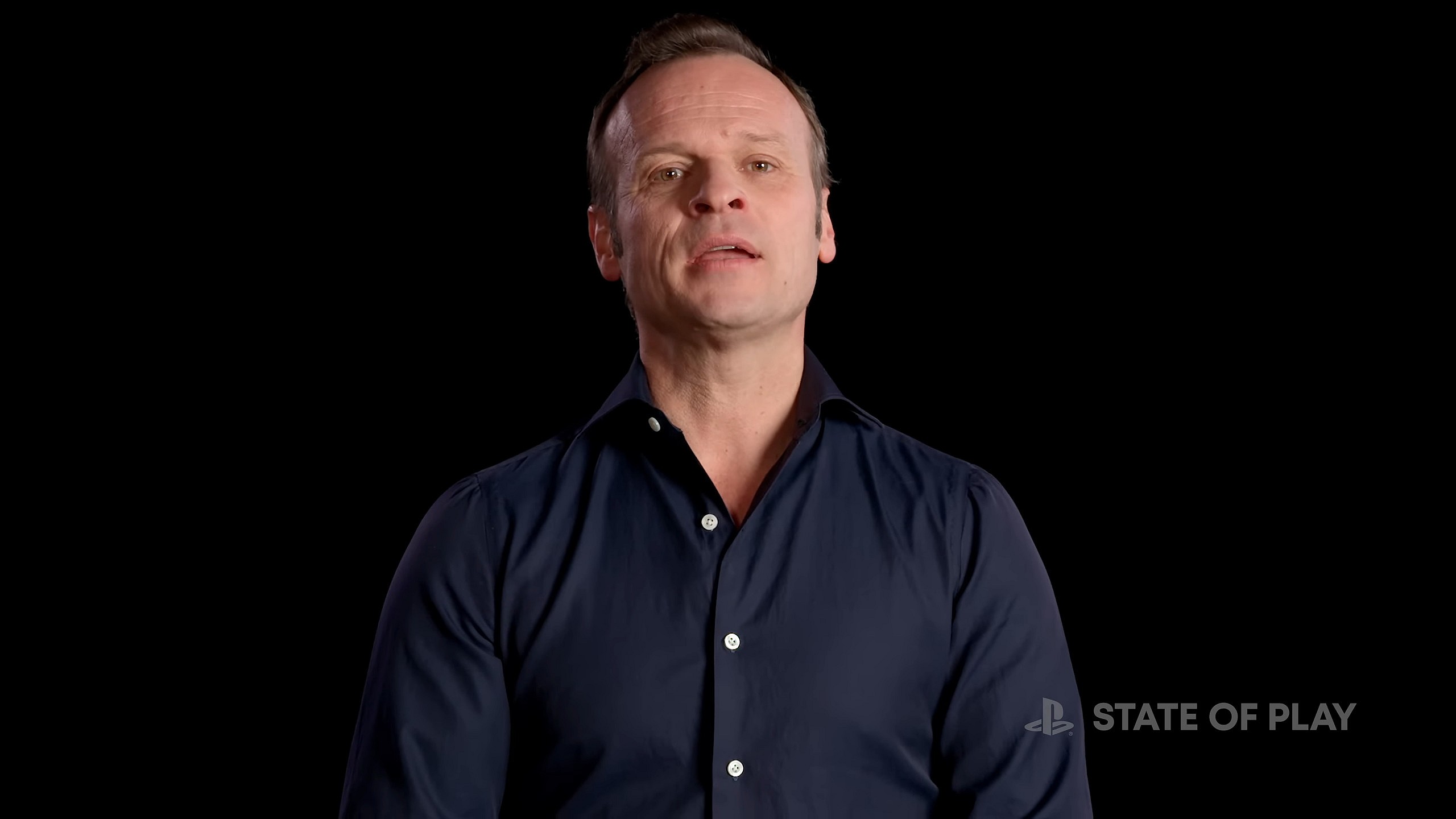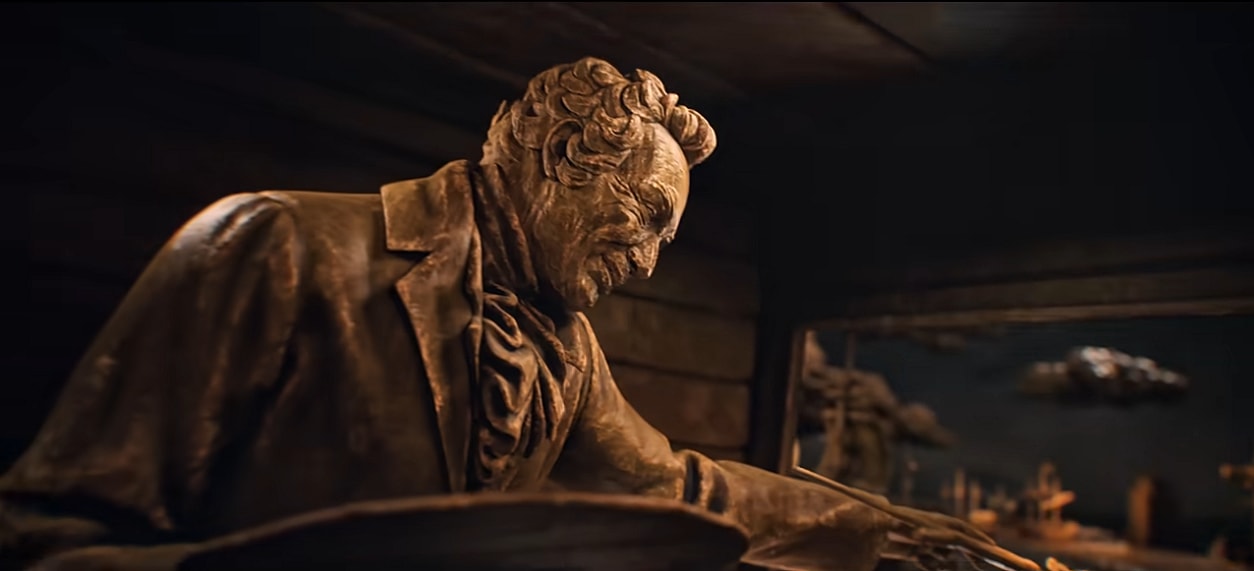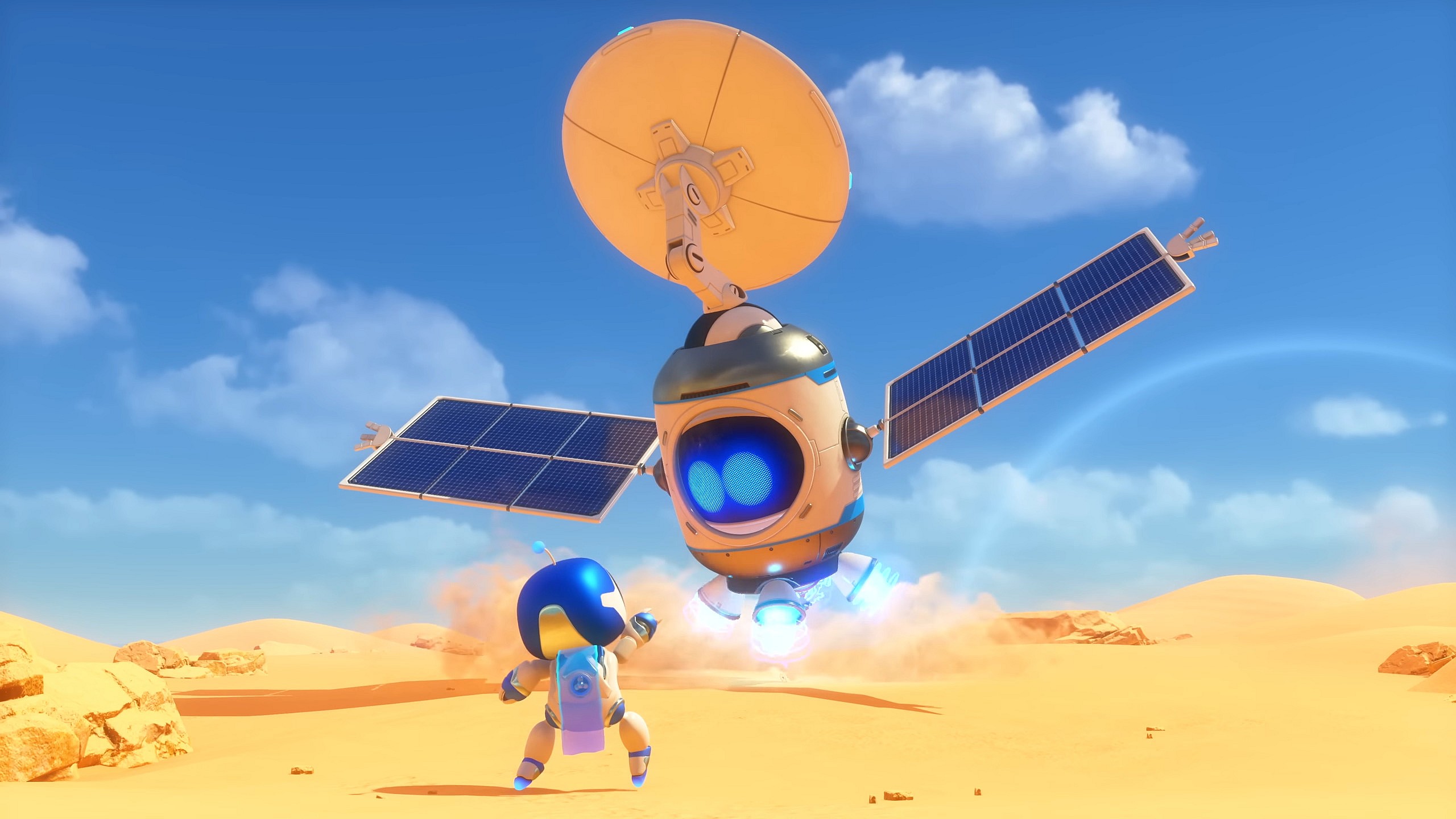PlayStation Boss Hermen Hulst Says Use Of AI In Video Game Development Depends On “Striking The Right Balance Between Leveraging AI And Preserving The Human Touch”

PlayStation Boss Hermen Hulst Weighs In On Future Relationship Between AI And Video Games: “Striking the right balance between leveraging AI and preserving the human touch will be crucial.”
With AI technology growing at a rapid pace, its only a matter of time before its eventually adopted by the video game industry and starts having an impact on development processes – but despite the writing being on the wall, PlayStation CEO Hermen Hulst believes the “human touch” will never fully be replaced.

Hulst, who previously served as the founder and co-managing director of Horizon studio Guerilla Games before being promoted to his current role as the CEO of Sony Interactive Entertainment’s Studio Business Group, offered his thoughts on the coming AI near-future while speaking with the BBC‘s Tom Gerken in honor of the PlayStation brand’s 30th anniversary.
During the conversation, though Hulst acknowledged the transformative potential of AI, he also emphasized the importance of keeping striking a balance between machine-driven innovation and the creative craftsmanship of human developers.

“I suspect there will be a dual demand in gaming: one for AI-driven innovative experiences and another for handcrafted, thoughtful content,” Hulst said. “Striking the right balance between leveraging AI and preserving the human touch will be crucial.”
This statement comes at a pivotal time for the gaming industry, as developers and gamers alike grapple with the implications of AI-generated content, as while the technology offers new possibilities for immersive gaming experiences, both developers, voice actors, and players have raised concerns about its potential to undermine creativity and authenticity – so much so that, as previously reported, said VAs went on strike in July over their concerns regarding their own possible ‘duplication by AI’.

That said, it seems that Hulst’s is taking a more measured approach towards AI, especially when compared to some of his industry peers.
For instance, EA CEO Andrew Wilson has fully embraced AI, calling it “the very core” of his company’s forward-looking business strategy. Likewise, Nihom Falcom President Toshihiro Kondo admitted that he believes the technology’s adoption is inevitable and that not only will society “enjoy the benefits of AI in the future”, but also that this sentiment will “be especially true for game development.”
Blizzard has even taken to using AI to help update their games, with World of Warcraft designer Maria Hamilton and lead world artist Kristy Moret telling Dot Esports in 2023 that their teams used the technology to help take care of tedious tasks, such as reworking the code of a given cosmetic so that it could be worn by all races.

Of course, Hulst isn’t alone in his caution. Nintendo President Shuntaro Furukawa has also urged caution, noting earlier that while The Legend of Zelda studio will “remain flexible in responding to technological developments,” they still wish “to continue to deliver value that is unique to us and cannot be achieved through technology alone.”
Each of these differing viewpoints highlight the ongoing debate within the industry to define AI’s role in game development. While some see AI as a powerful tool to streamline processes and enhance storytelling, others fear it as another tool that could further erode artistic integrity.
In summary, while some game devs see AI as a powerful tool that could potentially help to streamline their creative processes and enhance their storytelling, others views its widespread adoption as another blow to the concepts of artistic integrity and art as a whole.
But here’s the thing: Despite the hype, AI still faces significant limitations. Just look at Keywords Studios, a support firm specializing in game development who recently attempted to create a video game solely using AI.

Code named Project Eva, the team worked with and tested over 400 AI tools over the course of six months in service of fully realizing a game from start-to-finish. The result? According to their report, “One of the key learnings was that whilst Gen AI may simplify or accelerate certain processes, the best results and quality needed can only be achieved by experts in their field utilizing Gen AI as a new, powerful tool in their creative process”
Thus, even though Hulst and others see great potential in utilizing AI to help assist a game developer’s overall workflow, the technology is still far from being able to replace the work of actual humans.

Rather, it seems that at this juncture, the use of AI in video games is more geared towards simplifying repetitive tasks and not the generation of actual gameplay, art, or music.
Well, at least for now.
